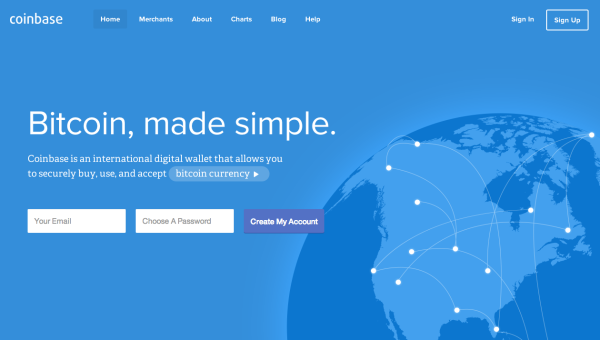Which Bitcoin Wallet Should I Choose?
There's a bewildering range of wallet options out there but don't be put off! Our guide will help you decide which is right for you.

Getting Started
The first - and most important - thing you’ll need when you’re getting started in the world of cryptocurrency is a wallet address.
You’ll need this to receive - and spend - your coins, in the same way a bank account is the repository for your cash.
In terms of faucet payouts, you’ll need an address so you can claim your coins either directly to your personal wallet or to your online microwallet which we’ve written about here.
A typical Bitcoin wallet address looks likes this:
3D3xtN64vA3Ae5z2ZHAEHYtT9MX2MjsEoQ
(This is a real Freecoyn address so please feel free to send any donations!)
Treat your wallet in the same way as you would your Bank account. Your wallet address is your account number.
A good example of this is Coinbase where you can get a free account and be receiving Bitcoin almost instantly. Yes, we are shamelessly plugging this service but we've used it for several years and find it intuitive and reliable.
Furthermore, if you use the link above (which is a referral) then buy or sell $100 of cryptocurrency or more, you will receive $10 worth of bitcoin absolutely free.
Bitcoin wallets contain two special keys which give you ownership of your coins.
One is a public key - your wallet address - which enables people to send coins to you, while the other is known as the private key. This is how you use your Bitcoins to pay other people.
It’s essential to keep your private key safe because if someone nefarious gets hold of it they can withdraw your funds and vanish into thin air.
So, What Are My Options?
Security is key when it comes to Bitcoin wallets. There have been several high-profile cases of online repositories being cleaned out by cyber-thieves, but equally there are hazards with offline storage.
Which wallet you choose has to be balanced against your technical ability and willingness to get under the hood of cryptocurrency. Eventually you might decide on multiple options as explained later.
For most people starting out with a free account at an online exchange such as Coinbase is probably the best way to go. You can use your account to deposit currency and pay people, as well as trade coins in real time.
Hot Or Cold Storage?
There are two categories of cryptocurrency storage known as Hot and Cold. These are defined as:
Hot Storage - whenever you have your coins stored online. Storing your coins in this way gives you the ability to access them anywhere in world, but it also leaves them vulnerable to hackers.
However, this is the simplest route for beginners and we’ve already recommended Coinbase. However, always do your research to ensure you find the wallet that’s right for you.
Cold Storage - when your coins are stored in an offline wallet using specialist software making them inaccessible to hackers. One free option that is often touted as extremely secure is Armory although we have not tested this.
Cold Storage often requires some technical knowledge and takes more time to set up than Hot Storage, but ultimately this shouldn’t prove too much of a barrier for most people if who are minded to get their hands dirty.
Other Cold Storage wallet options include:
- A USB drive or external hard drive.
- A dedicated hardware wallet designed for the sole purpose of storing coins (more later).
- Good old fashioned paper (more later).

Both devices act as Cold Storage for your Bitcoins but can be linked to a computer when you need to spend your money or receive more Bitcoin.
They come with high levels of security to prevent unwanted access but are still vulnerable to theft/damage etc. Remember, if you lose your keys, you lose your Bitcoin.
Paper Wallet
These can be created at home using nothing more than your PC and printer. All you are doing is keeping a written record of your public and private keys to create a wallet that is completely offline.
The process to create a paper wallet requires some technical knowledge. You will need to use software (free) to create a new bitcoin address before creating the wallet and printing it out.
A Word Of Caution
You might have avoided the hackers with Cold storage, but your coins are still vulnerable. Burglary, fire, flood, children, dogs etc - these can all cause you hardware wallet to be lost or irretrievably damaged.
And if the paper wallet is lost, stolen, destroyed or if the ink simply fades then so do your Bitcoins.
If you have a significant number of coins you might want to consider placing the hardware/paper wallet in a safety deposit box somewhere away from your house, ie at a bank or dedicated facility, for an added level of security.
Final Word
There are pros and cons of both of the methods so assess your needs and decide which is best for you.
Hot wallets are useful for keeping small amounts of funds that you need to access frequently. Cold wallets are ideal as a ‘safe’ - somewhere to store your coins over the longer term away from the busy fingers of hackers.
Ultimately if you start collecting a decent pot of coins you might decide on using both types of wallets to meet your various needs.
Get your free Bitcoin! Now that you've got your wallet sorted, why not visit our free Bitcoin faucet list and start collecting some Satoshis?

